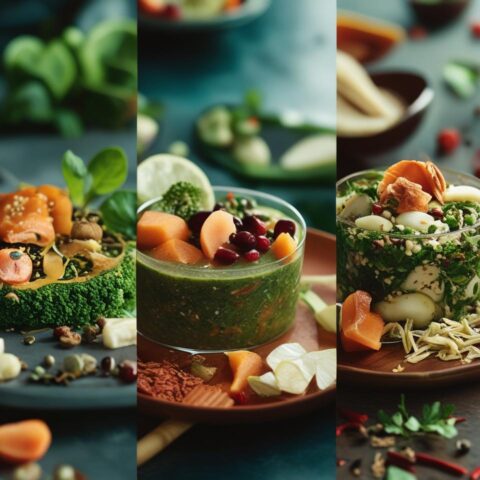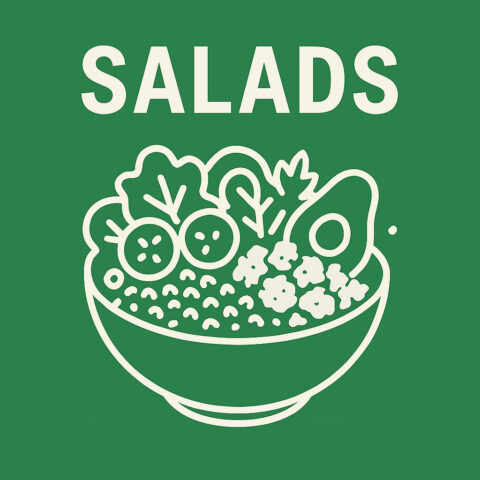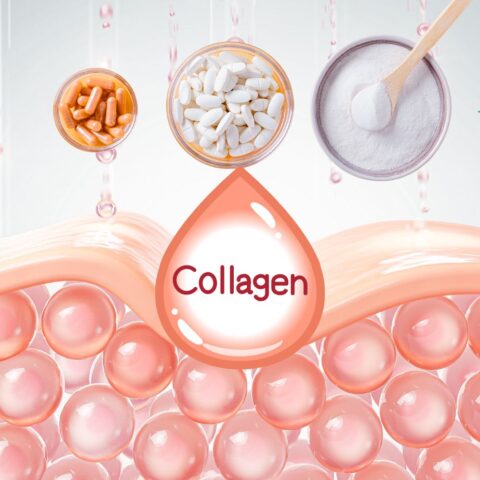John Nolan-Neylan, co-Founder and CEO of energy specialist Revvies, discusses the science behind energy and the potential ways to give ourselves a boost.
- 37% of Brits say that their energy levels are the lowest they have ever been
Covid has had a devastating impact on the UK, official cases approach 4 million, although the real number is thought to be far higher. One area that is causing increasing concern is the impact of so-called “Long Covid” where symptoms linger and leave sufferers unable to live their lives normally.
Coronavirus is part of a number of viruses known to cause Post Viral Fatigue Syndrome, a condition thought to be closely related to chronic fatigue, and a key contributor to “Long Covid”. With 37% of Brits saying that their energy levels are the lowest they have ever been, increasing numbers of people are looking towards their diets as the best way to overcome fatigue and extreme tiredness, so understanding which foods provide which nutrients has never been more important.
John Nolan-Neylan, co-Founder and CEO of energy specialist, Revvies, discusses the the top nutrients to add to your diet to boost energy, support immunity and treat the ill effects of Covid:
“Long Covid is an area of real concern in the medium and long term as we work toward a return to normality, and there will be significant amounts of research going on currently to determine the best treatments for it. One thing that you can do, however, is to make sure that your recovery diet includes all the nutrients you need to get back to your normal self.”
Ladle of Contents
Magnesium
Magnesium is a key part of your body’s ability to regulate energy levels, it is part of what is known as the Krebs cycle which, essentially, is the process of turning sugar and food into usable energy in your cells. Magnesium acts as the spark to get this reaction going, and so just like spark plugs in an engine, if you don’t have enough of it, you won’t be firing on all cylinders.
Increasing your dietary intake of magnesium, therefore, is a great first step to ensuring that you can get back to normal and, with approximately 11% of the UK thought to be deficient, this would be advisable to continue for the foreseeable.
You can do this by eating more green vegetables, especially spinach, or any kind of wholegrain cereals or seeds, including wholemeal bread. Another great source are nuts such as peanuts, as well as some fatty fish, think Salmon or Mackerel. If you can get your daily intake to around 400mg (around 320mg for women) you’ll be moving in the right direction, but it changes from person to person.
Iron
Iron helps to preserve many vital functions in the body, including general energy and focus, the immune system, and the regulation of body temperature. These are three of the main effects that Covid has on our bodies, so making iron a part of your diet is one of the best ways of fighting off the chronic fatigue and high temperatures that are caused by the virus.
Without realising, 46% of girls and almost 1 in 4 women in the UK have been found to have low iron stores, which leads to excessive tiredness, lack of energy, susceptibility to infections, hair loss, and insomnia, so it’s important to look to foods that are high in iron.
The best sources for iron are red meat and offal, which is the combination of various non muscular parts of the carcasses of beef and veal, mutton and lamb, and pork. Although offal doesn’t sound too appetising, it can either be consumed directly as food or used in the production of other foods. Green leafy vegetables like kale and spinach are also another great source of iron and are very easy and cost effective to implement into your diet.
Folate/folic acid
Folic acid helps make healthy red blood cells, which carry oxygen around the body. If we do not have enough folic acid, the body starts to produce abnormally large red blood cells that do not work properly. This causes folate deficiency anaemia, which can cause extreme tiredness, muscle weakness and chronic fatigue.
Increasing your intake of folic acid has never been more important for boosting your energy levels and helping to recover. You can find folate in a number of vegetables such as broccoli, asparagus, peas, chickpeas and brussel sprouts. Another good source are wholegrain cereals and citrus fruits such as oranges.
The recommended daily amount of folate for adults is 400 micrograms (mcg). Adult women who are planning pregnancy or could become pregnant should be advised to get 400 to 800 mcg of folic acid a day.
Vitamin D
Vitamin D helps the body absorb calcium which is needed to keep bones, teeth and muscles healthy and is also key in supporting a healthy immune system. Surveys suggest that 1 in 5 people aged 19-64 in the UK have low levels of vitamin D in their blood. Symptoms of Vitamin D deficiency include an increased risk of bone and gum problems, muscle pain, constipation.
Vitamin D is an easy nutrient to add to your diet as can be found in oily fish such as salmon and sardines, and egg yolks. You can also absorb Vitamin D through the sun, so getting outside as much as possible is also a good means of increasing your levels.
Mushrooms are also a great source of Vitamin D, but as they are usually grown in darkness, the only time they are likely to be exposed to light is during picking under fluorescent lights, which usually emit little or no UV radiation. A great trick here is to leave your mushrooms (either wild or button) in the sun for an hour, so that they can absorb Vitamin D through the sun.








